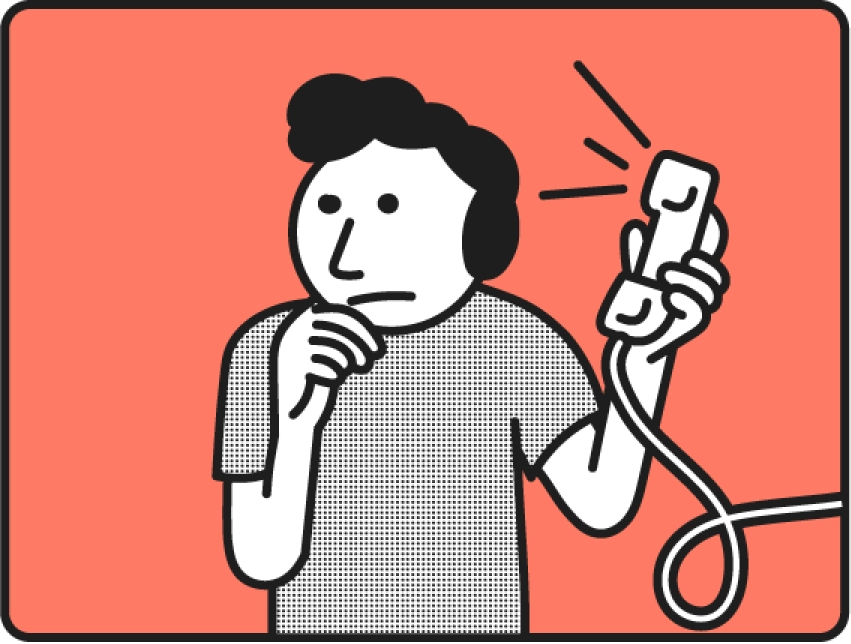SCAM SELF-DEFENCE GUIDE

Identity Theft Scams

BEWARE OF SCAMMERS PRETENDING TO BE YOU
BEWARE OF SCAMMERS PRETENDING TO BE YOU
Identity theft scams pose a different kind of threat, often becoming apparent only after a scammer has opened new accounts, bought a phone plan, or used your money. Keep watch on your details and send imposters to an early grave.
Spotting a scam
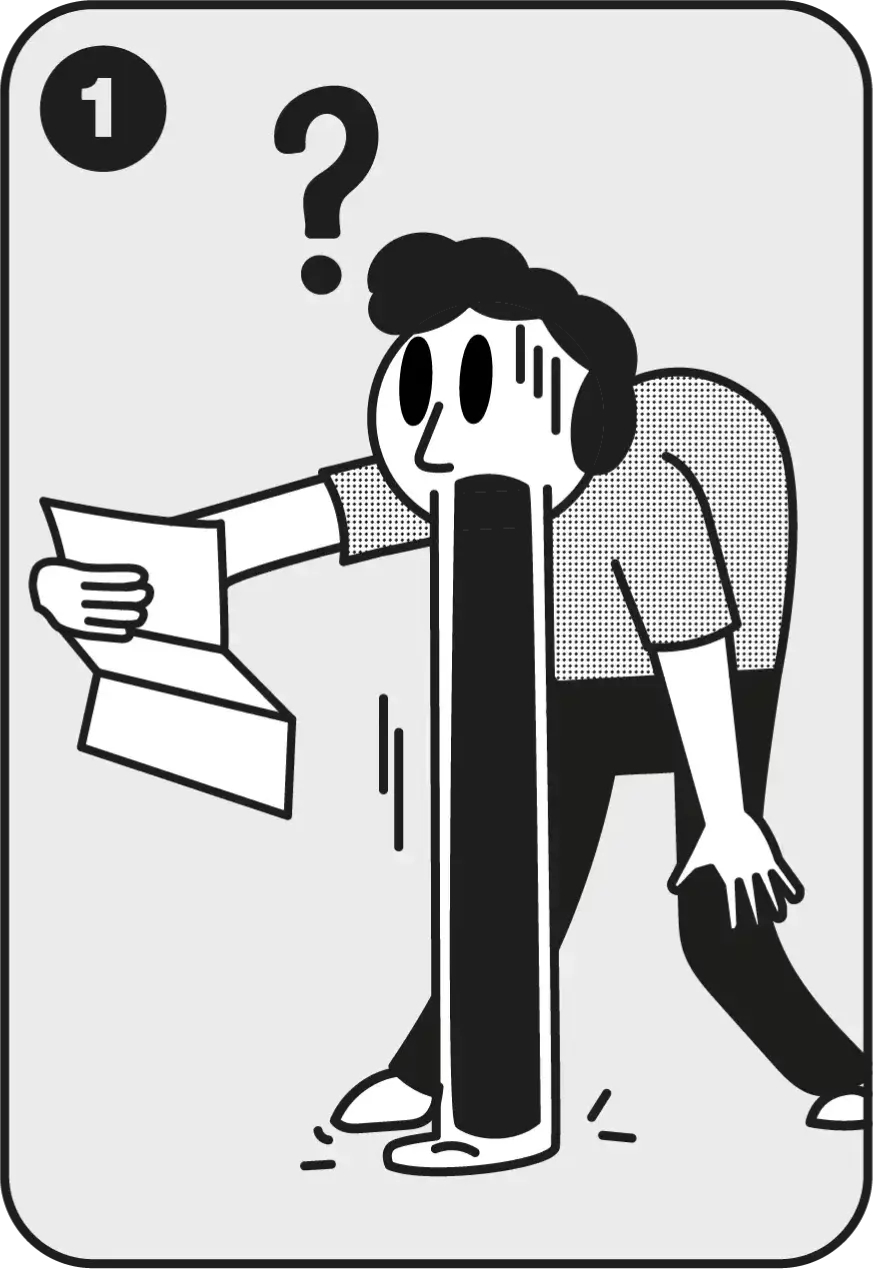
Your identity may have been stolen if you receive unsolicited bills, credit card statements, or loan statements by mail or email.
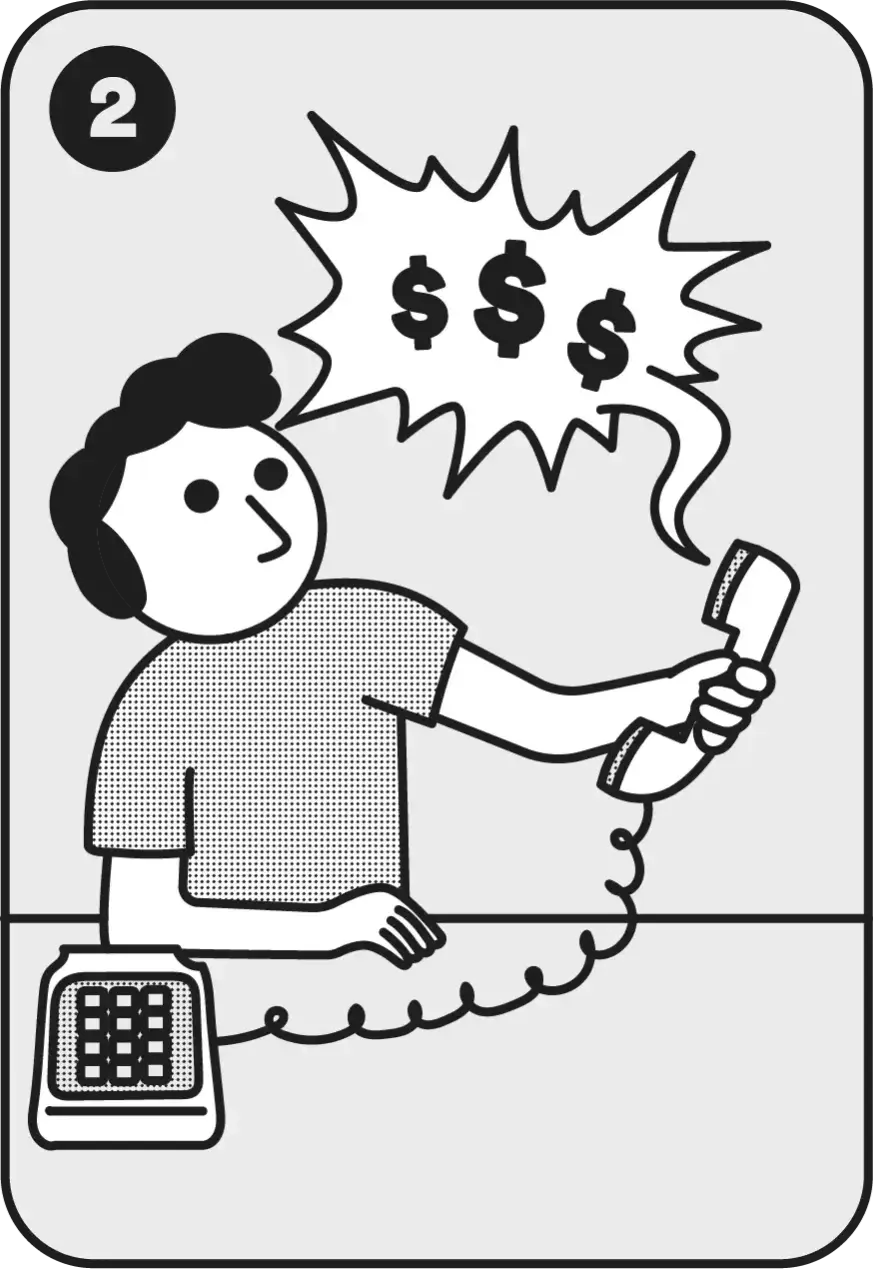
Be wary of calls from creditors about debts you don’t recognise. If you didn’t create the debt, a scam may be involved.
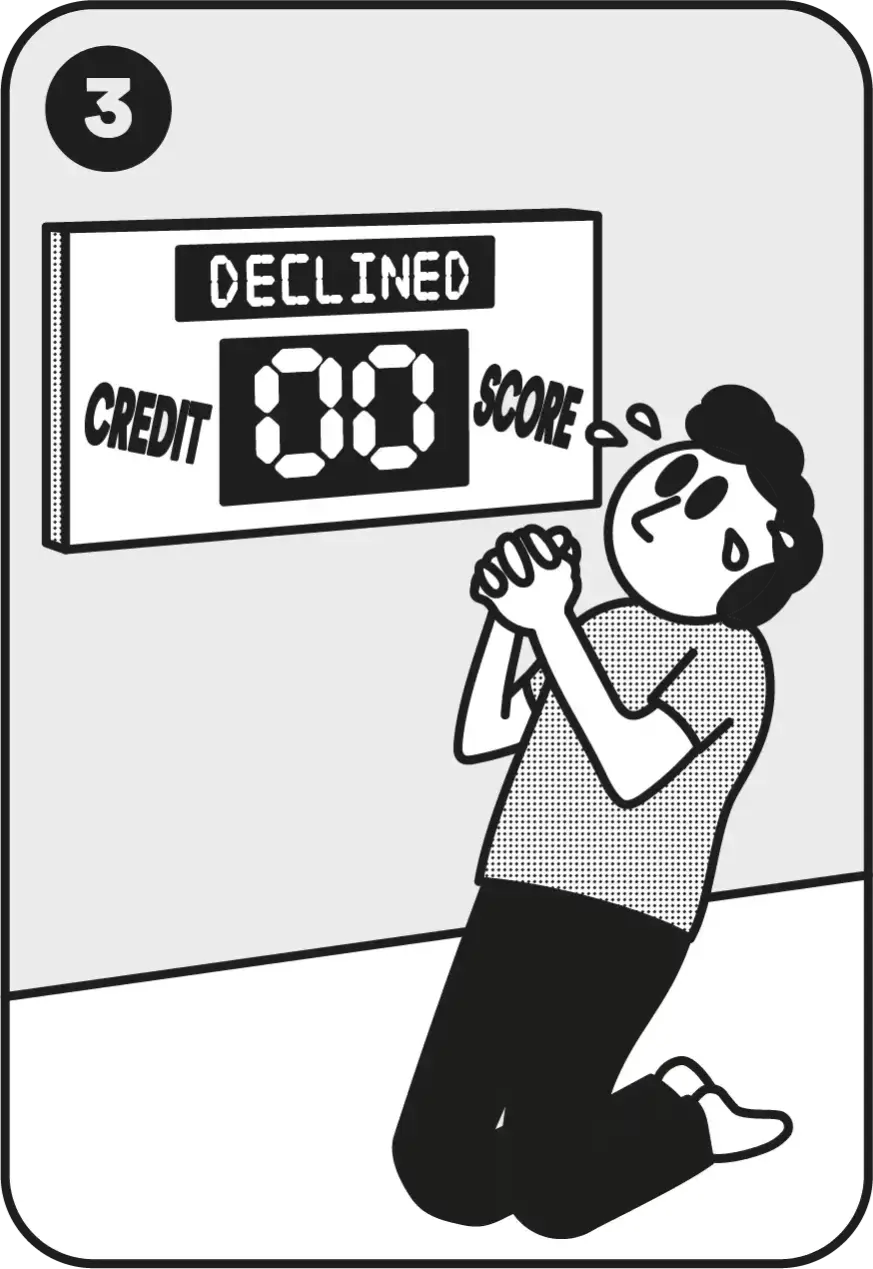
You may have difficulty getting a credit card or loan due to an unexplained poor credit rating caused by a scammer’s activities in your name.
Your personal details may be involved in a legitimate company’s data breach. Scammers often steal personal or business records through hacking and data breaches.
Scammers can piece together the building blocks of your data from multiple sources. Be aware they can also share and sell stolen personal information to other criminals.
Self-Defence
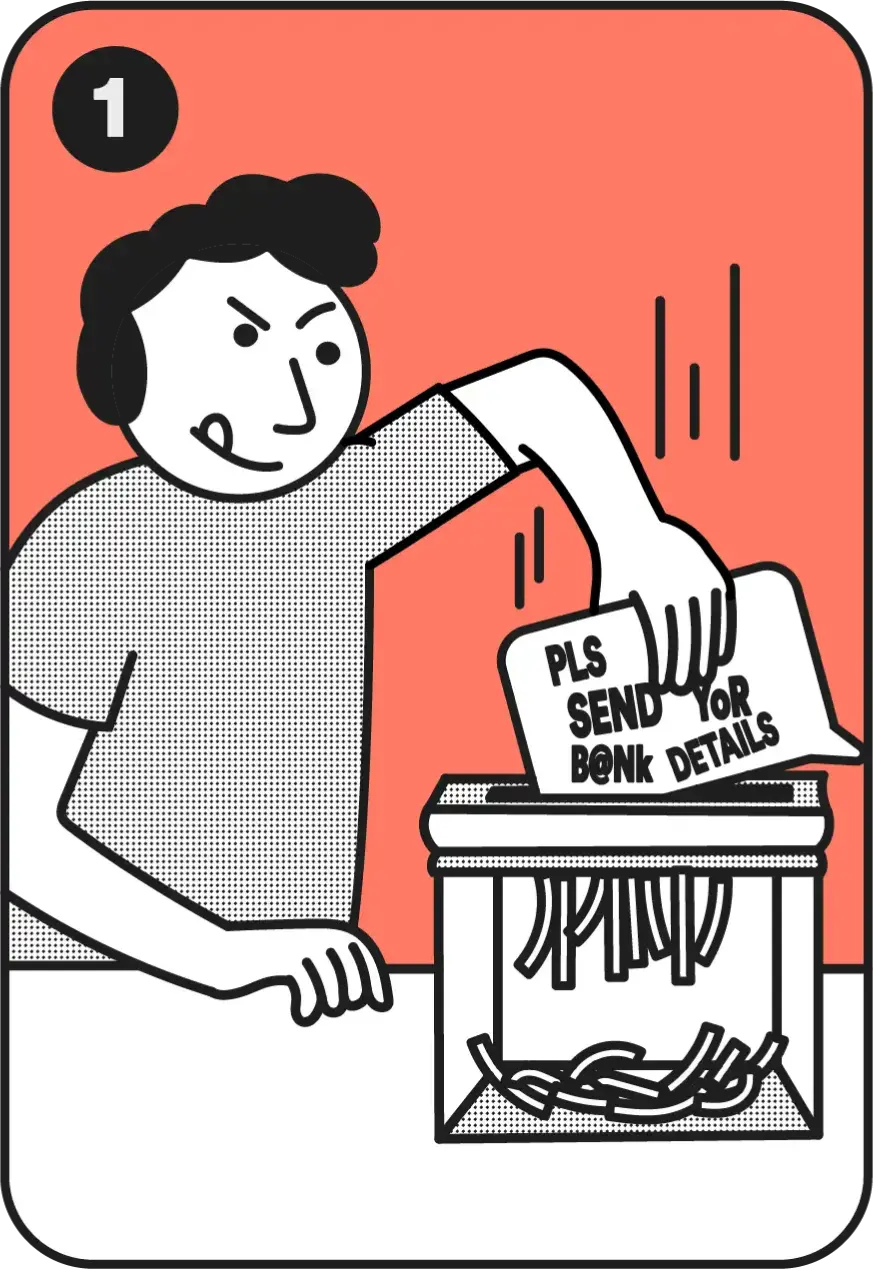
Don’t open suspicious messages—delete them. Don’t respond to unsolicited emails or SMS’ asking for your personal or financial information.
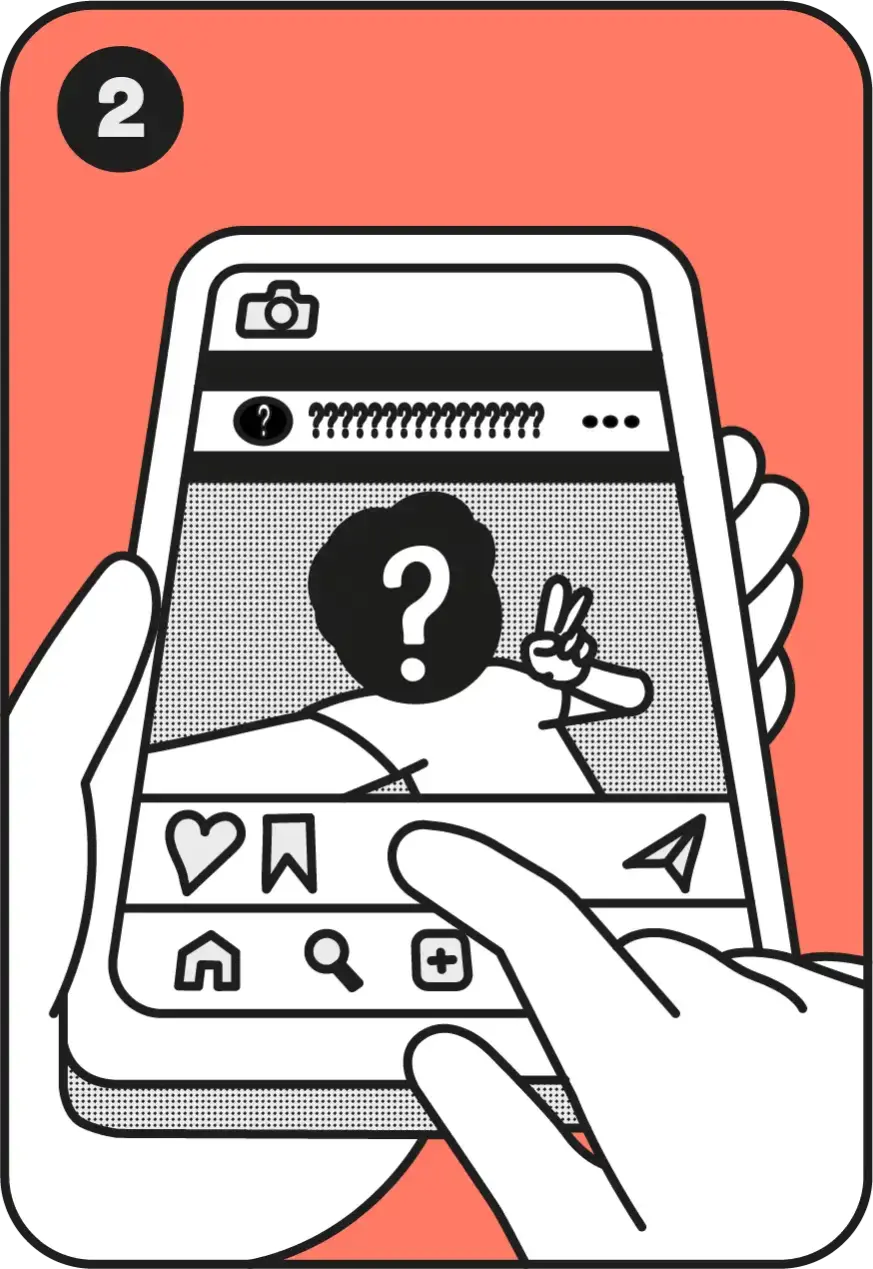
Be mindful of how much personal information you share on social media. Scammers may be trawling profiles for even the smallest scrap of your data.
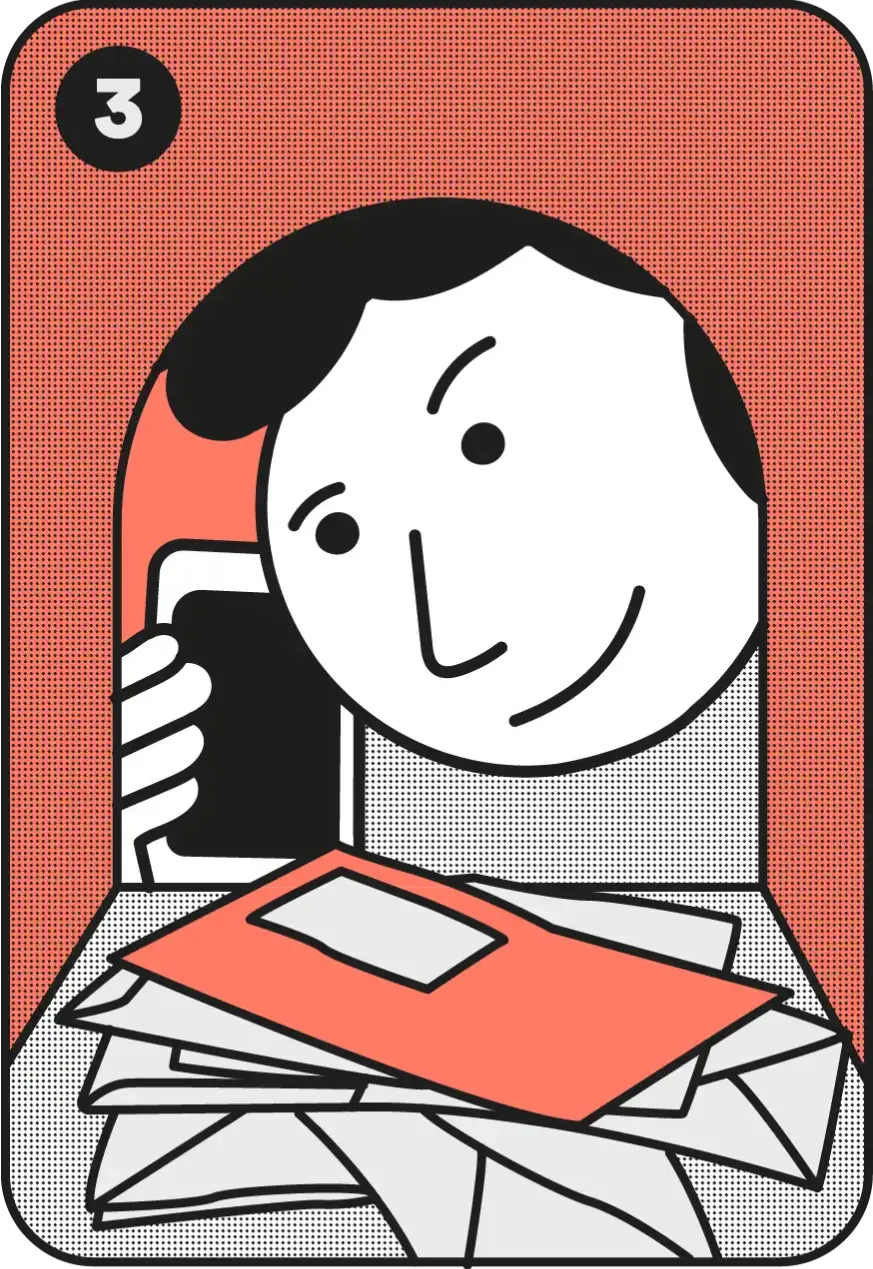
If a new card or product arrives that you didn’t apply for, contact us immediately. Regularly check your credit file for any unexpected changes.
Identity theft isn’t always digital. Regularly ensure your physical mailbox is secure and shred any documents with personal information before tossing them away.
Even if a website or message seems legitimate, always think twice before entering any personal information such as passwords or usernames.
It’s never too late. If you’ve given your personal information to a scammer, visit IDCARE or call 1800 595 160 to get help planning your next move against scammers.

